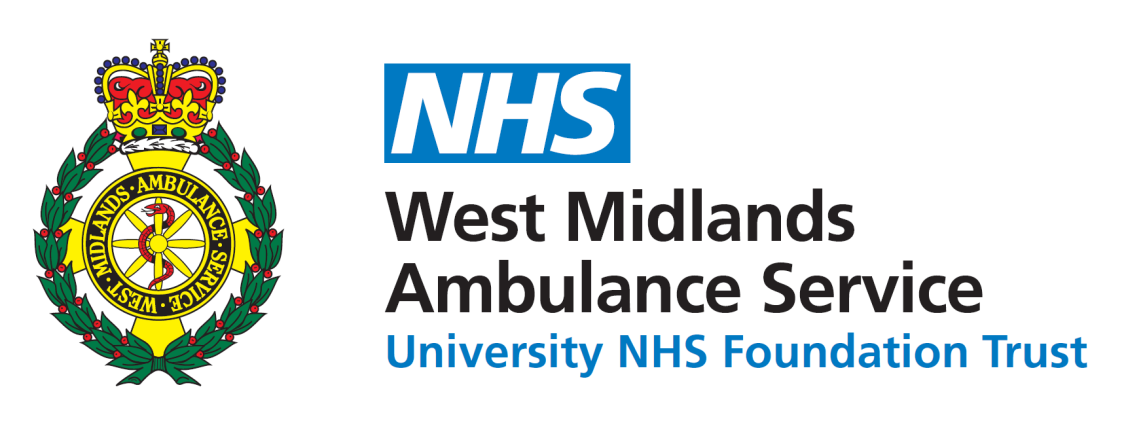Background
England operates a National Data Opt-Out (NDOO) for the secondary use of confidential health data for research and planning. We hypothesised that public awareness and support for the secondary use of health data and the NDOO would vary by participant demography and healthcare experience. We explored patient/public awareness and perceptions of secondary data use, grouping potential researchers into National Health Service (NHS), academia or commercial. We assessed awareness of the NDOO system amongst patients, carers, healthcare staff and the public. We co-developed recommendations to consider when sharing unconsented health data for research.
Methods
A patient and public engagement program, co-created and including patient and public workshops, questionnaires and discussion groups regarding anonymised health data use.
Results
There were 350 participants in total. Central concerns for health data use included unauthorised data re-use, the potential for discrimination and data sharing without patient benefit. 94% of respondents were happy for their data to be used for NHS research, 85% for academic research and 68% by health companies, but less than 50% for non-healthcare companies and opinions varied with demography and participant group.
Questionnaires showed that knowledge of the NDOO was low, with 32% of all respondents, 53% of all NHS staff and 29% of all patients aware of the NDOO.
Recommendations to guide unconsented secondary health data use included that health data use should benefit patients; data sharing decisions should involve patients/public. That data should remain in close proximity to health services with the principles of data minimisation applied. Further, that there should be transparency in secondary health data use, including publicly available lists of projects, summaries and benefits. Finally, organisations involved in data access decisions should participate in programmes to increase knowledge of the NDOO, to ensure public members were making informed choices about their own data.
Conclusion
The majority of participants in this study reported that the use of healthcare data for secondary purposes was acceptable when accessed by NHS. Academic and health-focused companies. However, awareness was limited, including of the NDOO. Further development of publicly-agreed recommendations for secondary health data use may improve both awareness and confidence in secondary health data use.
Plain English summary
Health data from routine care can be pseudonymised (with a link remaining to the patient but identifying features removed) or anonymised (with identifying features removed and the link to the patient severed) and used for research and health planning; termed “secondary use”. The National Health Service (NHS) is a single publicly-funded health service for the United Kingdom (UK). The NHS supports secondary data use with a National Data opt-out system. The potential benefits of data secondary use are clear but concerns have been raised. Although the Data Opt-Out is publicised, it is unclear how much public awareness there is of this scheme. We report a patient and publicly created and delivered series of activities including > 350 people; with young adults, patients, NHS staff and the public; to assess concerns, knowledge and acceptance of data sharing.
Perceptions of and support for secondary health data use varied depending on who was asked (by age, gender) and their experience of health services (Staff member, patient, member of the public). Knowledge of schemes to limit secondary data use (such as the UK National Data Op-Out) was low, even among NHS staff. The main concerns of sharing health data included onward data use, the potential for discrimination and exploitation and commercial gain from data use with no benefit to patients. Despite this, most participants agreed with health data sharing with NHS, academic and commercial health-based entities. Agreed, co-created themes to increase the acceptability of health data secondary use included education about ‘Opt-out’ schemes, health service oversight of data use (as the most trusted partner), public and patient involvement in data sharing decisions and public transparency.




